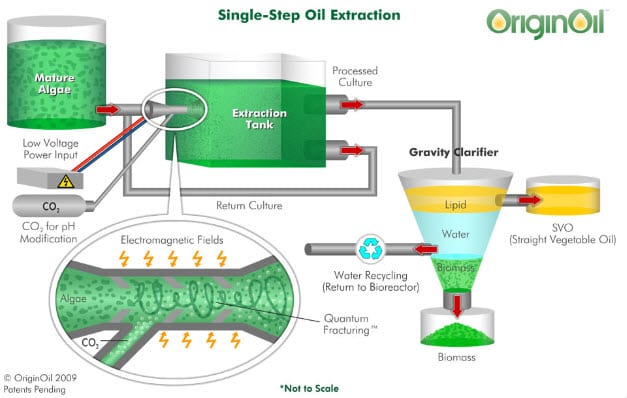
German researchers experimenting with chemical compound that could be used for hydrogen storage
March 25, 2012Researchers from the University of Erlangen-Nuremberg, Germany, have been experimenting with a chemical compound first patented by Air Products, a hydrogen production company, back in 2004.
Known as N-ethylcarbazole, the chemical dates back to World War I where it was used in chemical weapons. Instead of focusing on its potential applications in weaponry, German scientists are trying to use the chemical for hydrogen storage. The research is in line with Germany’s continued pursuance of hydrogen energy as a potential replacement to fossil-fuels and nuclear power.
Researchers claim that the chemical is very proficient at carrying hydrogen molecules. When used in fuel cells, the chemical acts as a contained storage mechanism, capable of capturing and releasing hydrogen gas at high speeds. The gas is released from carbazole when it is heated by the catalyst found within fuel cells.
Researchers believe this that method will make hydrogen fuel cells more efficient and could solve some of the problems concerning hydrogen storage.
There are some problems with the chemical, however, much of which are highlighted by the U.S. Department of Energy. The agency claims that the volatility of the chemical makes it unviable for use in fuel cells. The agency believes that there are more viable alternatives currently available and has been conducting research on new storage methods, some of which are expected to be ready for use by 2015. German researchers are undaunted by the Department of Energy, however, and will continue research on carbazole.



 With over 15 years of reporting hydrogen news, we are your premier source for the latest updates and insights in hydrogen and renewable energy.
With over 15 years of reporting hydrogen news, we are your premier source for the latest updates and insights in hydrogen and renewable energy.